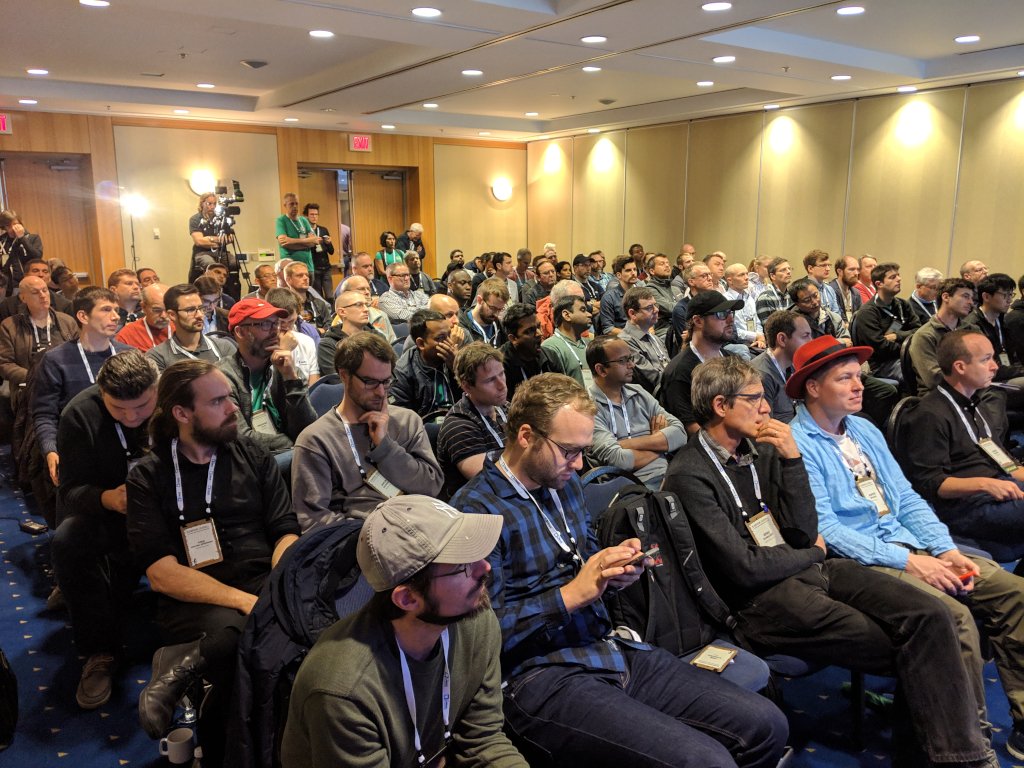The Linux Plumbers Conference (LPC) was held a few weeks ago in Vancouver, BC. As always there were several tracks where contributors gave a presentation of on-going or future work, and discussed it with the audience, on specific topics such as thermal, containers, real time, device tree and many more. For the first time at LPC a 2-day networking track took place. As we work on a diversity of networking projects at Bootlin we decided to attend.

The hot topic of the last couple of years in conferences in the network subsystem is XDP, so the conference was not exception. We saw a handful of talks and discussions about the on-going work and support of XDP within the kernel. XDP provides a programmable network data path (using eBPF) in the Linux kernel to process bare metal packets at the lowest point in the network stack. Packets are processed directly in the drivers’ Rx queues, before any allocation happen (such as socket buffers). Facebook is one well known heavy user of this technology (every packet toward Facebook is processed by XDP) and its engineers gave feedback about how they use XDP and the issues they faced. Other projects and companies are currently evaluating and starting to use XDP as well: we also saw presentations about XDP/eBPF in Open vSwitch, DPDK or kTLS.
While XDP/eBPF was featured in most of the discussions, other interesting topics where brought up. Andrew Lunn gave a presentation about the current need to go beyond 1G copper PHYs for many Linux enabled embedded devices. This was very interesting for us as we used and worked on the technologies used within the Linux kernel to address this, such as Phylink and the SFP bus (we used those when enabling 10G interfaces in the Marvell MacchiatoBin board).
Another presentation caught our attention as the topic was related to what we do at Bootlin. Jesse Brandeburg from Intel talked about the networking hardware offloads and their APIs. He exposed a brief history of the offloads supported by NICs and then showed some issues with the current APIs, where some use cases or behaviors are not clearly defined and sometimes overlap. This is a feeling we share as we experienced it while implementing some of those hardware networking offloads. Jesse’s idea was to open a discussion to come up with better solutions within the next years, as NICs offloading continue to grow.
The Linux Plumbers Conference was very pleasant and well organized. We had the chance to attend the networking track, seeing lots of great cutting-edge topics being discussed; as well as other interesting tracks.
We’d like to thank the conference and track organizers, we had a great time! Videos, slides and papers are now available on the official website or on Youtube.
